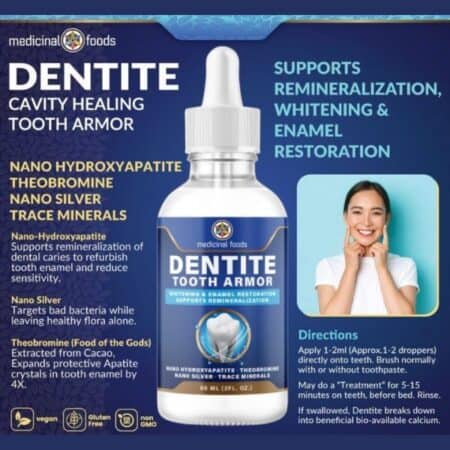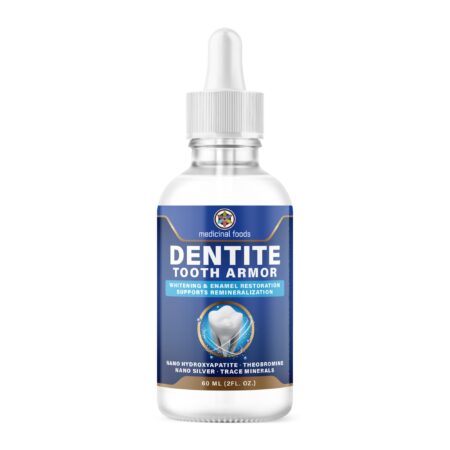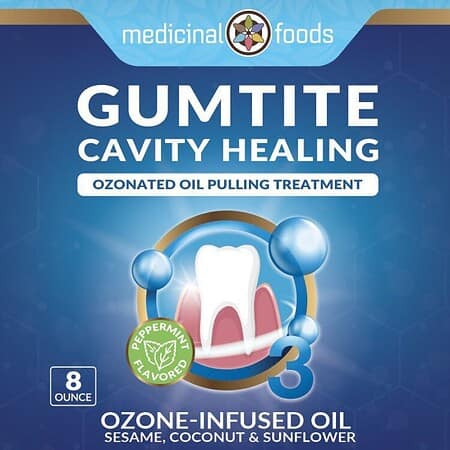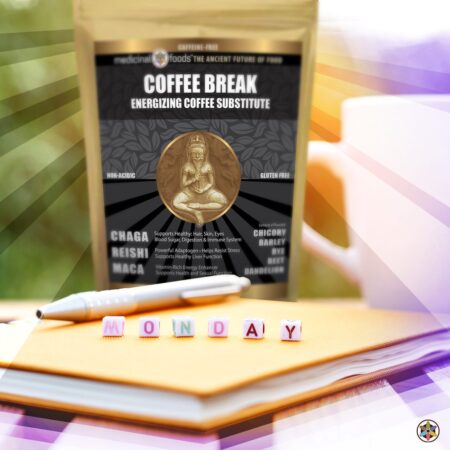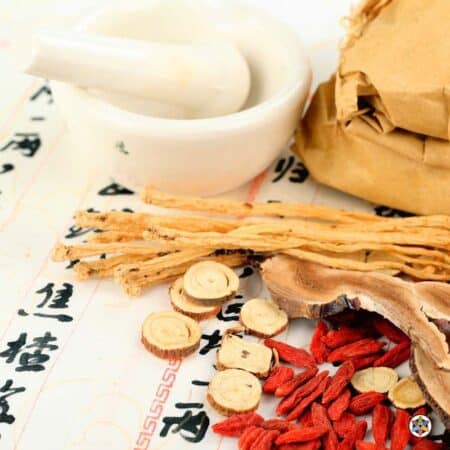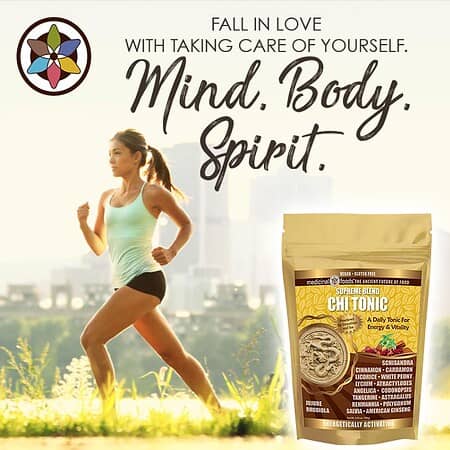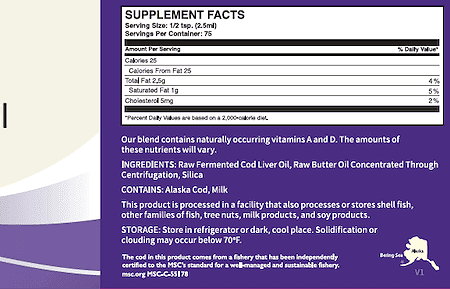When my morning alarm is ringing and I have to leave my comfortable dream land, my very next thought immediately inspires me to rise from my slumber: a cup of piping hot joe flavored with a delicious coffee creamer protein blend.
I also like to exercise in the morning and the caffeine in coffee helps to get my body and mind motivated to make it out the door and thrive in the early morning hours. Black coffee will certainly do the job, but sometimes a little milk or cream takes the edge off the bitter taste.
Often these mornings I’ll be lifting or doing resistance exercises with a whey protein mix or shake to add the extra boost for building muscle mass. So naturally the thought of adding the whey directly to my coffee eventually crossed my mind.
But even in the age of Starbucks and seemingly infinite coffee variations I thought that this time I had definitely crossed the line. Whey powder to steaming coffee? Stop dreaming.
To my pleasant surprise I found — once again — I’m not alone in imagining another unique dietary combination. I found several blogs and companies who likewise believe adding whey to coffee is neither blasphemous nor counter-intuitive.
But the problem is the beverage’s consistency: whey mixed into to hot coffee clumps and doesn’t readily dissolve. A dash or two of classic coffee creamer will help the mixture, but not when you are trying to cut out the extra calories and fat in milk or other powdered creamers.
High protein coffee creamer
So cue the problem-solving, inventive human mind: a healthy and energizing protein coffee creamer. Seems like the best of both worlds: getting the metabolism boost of caffeine along with the sensation of fullness and an energized body that comes with taking protein, all without consuming extra calories.
Thus, theoretically, by adding extra protein to my daily cup of coffee I am able to curb my morning appetite until lunch, burn calories efficiently, add muscle mass, and avoid the extra fat inherent in milk-based creamers.
While admittedly an odd combination, there is already no shortage of brands that offer the variety we should expect with the plethora of dietary restrictions and needs for most people.
As per usual, it really comes down to the ingredients of each product, and not all are created equal.
Some mass-produced, lower quality brands will put the label of added protein to each serving sives directly on the bottle of creamer, but these generic are typically rife with dubious source descriptions and vague certifications.
On more trustable, less mass-produced brands, yes there may be an extra 4 grams of protein per serving, but what other ingredients do these creamer come with? That answer gets complicated fast.
Let’s start with the comparison between dairy and plant-based creamers.
Cow-based milk has two sources of protein: whey and casein proteins. Whey is generally considered the superior form for athletes because it saturates muscles with BCAAs (branched chain amino acids) that flood into muscle mass and maximizes their regeneration and growth.
The more selectively sourced cow-based protein creamers will boast whey that has been sourced from grass-fed (ie. happy) cows.
In addition to whey, some brands add collagen to their formulas.
Collagen is the most abundant protein in our bodies which makes up the base building block for our bones, skin, hair, teeth, ligaments and blood vessels.
Collagen is so named after the root word “kolla” from Greek which means “glue”, and this protein acts as a glue which holds together the foundational molecules of our cells.
Many people with weak, fracturing nails and hair have a deficiency of collagen so adding it to some of the creamers has become a solid all-around protein option.
When it comes to the dairy-free options, the most popular are coconut-milk based, for one important reason: coconut milk is rich in medium chain triglycerides (MCTs). Triglyceride is a technical term for fat, and the medium-chain form (as opposed to short and long-chain) is a fat molecule that can be broken down and absorbed into the body very rapidly and then used as energy.
Keto diet enthusiasts often focus on reducing carbohydrate intake in order for the body to use its fat stores as an energy source, and MCTs operate in a similar fashion as a more efficient source for energy. Some research has shown that these molecules are also quickly absorbed into the brain and can rejuvenate one’s mental capacity and cognitive functioning.
So drinking coconut milk or coconut oil will make me smarter?
Not exactly, because MCTs are still fat molecules and an excess in one’s body will force the body to store it as fat. But adding MCT oil to protein coffee creamers, either directly or through coconut-based ingredients, is an efficient way for the body to absorb an energy source in a reduced calorie manner.
The addition of MCTs is the reason why many protein creamers are advertised as aiding in weight loss, although the correlation between the two is dependent upon one’s level and frequency of exercise. But as far as a substitute for pure whey in my morning coffee pre-workout, a creamer with it included has the potential for being an excellent supplemental source of energy.
The most potent high protein coffee creamers will include both the dairy-based collagen protein as well as MCT oil to create a very powerful supplement. The most elite in this class do not add any extra sugar (or in very low quantities) and include a variety of flavors, such as vanilla, chocolate or caramel. These offerings can be added to either hot or iced coffee as well as to traditional protein shakes.
So from what began as a search for replacing the classic coffee creamer has resulted in a full-spectrum, workout friendly, high nutrient substitute that not only can have the flavor and consistency of a traditional creamer, but supports the lifestyles of athletes and active individuals with a rich variety of energizing ingredients.
We have created the perfect coffee creamer protein based on science and research, combining great taste, 0-sugar, and brain boosting medicinal mushrooms:



